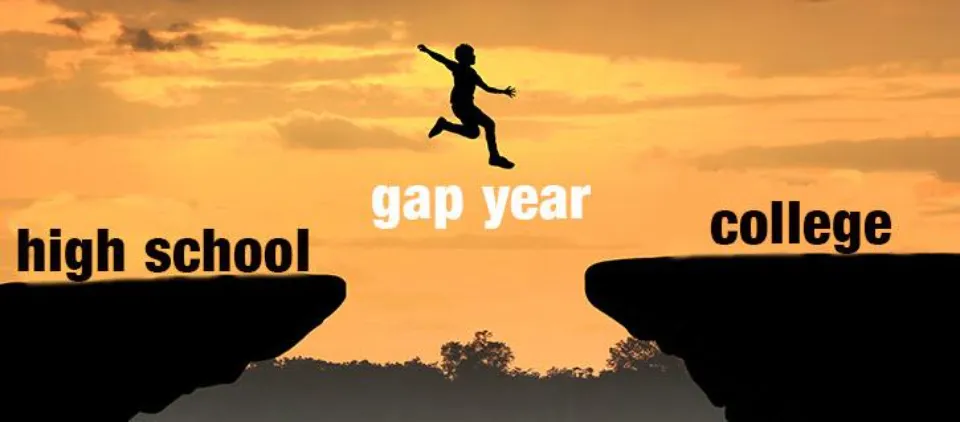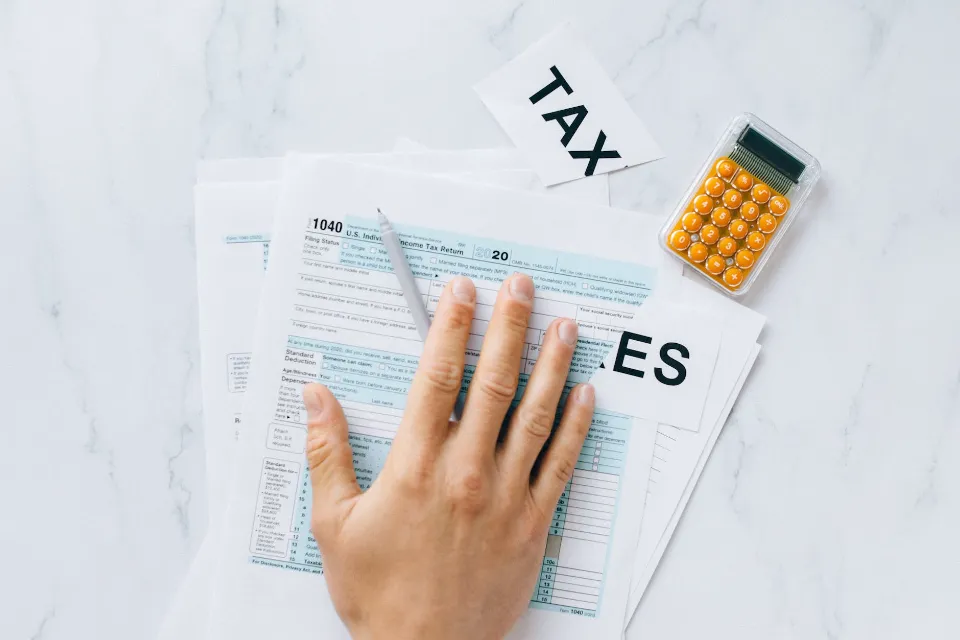
How to Apply to College After a Gap Year? Useful Tips
You’ll need to find time to submit your college applications if your post-gap year plan is to continue on to the next year of study in college.
Some students elect to apply to college rather than postpone after taking a gap year. This may be a good option for students who either lack the grades and test scores or simply start the college application process too late in the year. Here’s how to apply to college after a gap year:
- Plan Ahead
- Apply as If There is No Gap Year
- Have a Reason — Any Reason
- Plan College Based on Your Gap Year Experience
- Build a Better College List This Time
- Enhance Your Applications
- Obtain Recommendation Letters
- Keep Calm and Carry On
Let’s see each tip in detail:
Read More: Things To Do After High School
Plan Ahead
While there are some situations that might force someone to take a gap year unexpectedly, most students are at least thinking about taking a gap year when they begin applying to colleges. Consider including a gap year in your application if you anticipate taking one. Ask about gap years when you call the admissions offices of the colleges you’re interested in attending; in many cases, you can simply defer your first year and begin classes after your gap year has ended.
Scholarships may also be deferrable or you may need to reapply depending on the school. It’s crucial to learn as much as you can about your gap year’s effects on you and the steps you should take to ensure that it and your freshman year go as smoothly as possible.
Apply as If There is No Gap Year

Even if you are absolutely certain that you will take a gap year, you should still submit an application. This is related to our first strategy, which was to apply now, postpone for a year, and then take a stress-free gap year. But it’s also a good idea because your last year of high school surrounds you with the resources you need to apply to colleges.
It’s much easier to get recommendation letters, talk to guidance counselors, get transcripts, and study for college entrance exams when you’re in high school. If you wait to apply, you’ll have to do it when you’re in your gap year, which means you’ll have to deal with all the sometimes challenging aspects of college applications while you’re having fun.
Presumably, you’re not taking a year off so you can spend it writing essays and tracking down letters of recommendation. Additionally, if your gap year involves travel, there are additional complications. To make sure you can easily access all those crucial documents once your gap year is over, make sure to arrange and file them all.
Have a Reason — Any Reason
There are numerous benefits to taking a gap year. Some people choose to take gap years out of necessity, such as when they must take care of a sick relative, save money for college costs, or wait out a deadly pandemic. One-of-a-kind opportunities, such as the chance to travel the world or an internship that will help you advance your career, may lead you to decide to take a gap year.
You might simply not know what path you want to take in life and want to use your gap year to explore some options and aid in major selection. Even wanting a year off from schoolwork to enter college reenergized and ready to take on any challenge is a perfectly valid reason to take a gap year!
Whatever the case may be, be sure to give it some serious thought in advance and make sure to use that year to achieve all of the objectives you had in mind. While you don’t have to complete the Appalachian Trail or write a novel during your gap year, you should leave it wiser, more experienced, and with a clearer understanding of your life’s objectives.

Plan College Based on Your Gap Year Experience
Some recent high school graduates take a year off to make sure they are thoroughly qualified and experienced for a given degree program. There are also students who don’t know what they want to study or what career path they want to follow in the future, and they want to take a year off from college.
One of those who took a break to better understand themselves and ultimately figure out what it is they really wanted in life? Then consider your gap year experience when planning your college life.
You could compare it to applying to college as if you were still in your junior or senior year of high school.
This time, however, you have a much clearer vision of your future self, enabling you to select the best school and program for you. Students who took a gap year are highly valued for their maturity and experience, which they can bring to the campus. And they also know that they are more likely to succeed academically.
Build a Better College List This Time
Many high school graduates take a gap year for a wide variety of reasons. And if yours is that you were rejected from your top-choice college, it’s crucial that you create a stronger college list this time around. It’s acceptable to continue to rank your dream college at the top of your list.

However, it’s crucial to keep in mind that your chances of being accepted on your second attempt aren’t very high. Even if your gap year was fruitful and worthwhile, this is still true. This is due to the fact that some of the most crucial criteria that many colleges look for, like high school GPA and class rank, have already been established.
To put it another way, a gap year cannot change all the factors that may affect your chances of admission. To strengthen your overall application, you’ll likely need to take an exceptional gap year. It could also mean that you will also have to make sure that you have a higher SAT or ACT score, which is something that we will discuss in a few.
Because of this, it’s a much better idea to create a college list this year than last; one that is more balanced and realistic, depending on the caliber of your application.
Enhance Your Applications
A common situation for students is when they are accepted to their safe school but not to their preferred college. So you take a gap year, deferring entrance into the safety school. You can improve your application in the interim by making the most of your gap year. You could raise your score on the SAT or ACT, for example.
Here is what you need to know about SAT:
You can write compelling essays that will impress admissions committees by drawing on your gap year’s life experience. A year of work experience in a field related to your major or time spent studying abroad can help you stand out as a more valuable addition to the college’s student body and turn those rejections into acceptances.
Obtain Recommendation Letters
Besides your high school transcripts, letters of recommendation are other things that will complete your college application — it’s another way for admissions officers to get to know you beyond your GPA and test scores. In order to get recommendations for you, make sure you approach the appropriate people.

It is imperative to ensure that the people who will write your recommendations, such as your guidance counselor and teacher, are still familiar with you and, more importantly, everything that makes you great.
Just check out these recommendation letter facts:
- 15% of colleges say that the counselor recommendation has considerable importance
- 46% of colleges say that the counselor recommendation has moderate importance
- 11% of colleges say that teacher recommendation has considerable importance
- 46% of colleges say that teacher recommendation has moderate importance
The best time for anyone who intends to take a gap year to obtain letters of recommendation is while they are still in high school; it is a smart idea to do so at the same time as those who plan to attend college immediately after graduation. By doing this, you can make sure that your teacher and counselor are still aware of your accomplishments and potential.
Keep Calm and Carry On
After taking a gap year, applying to college can be challenging. You’ll need to reapply for federal financial aid, but if your family’s financial situation hasn’t significantly changed, you should still be offered the same aid. For some scholarships that don’t allow deferral, you might need to reapply.
However, if your gap year is well-planned and makes sense for you, admissions officers typically won’t penalize you when reviewing your application. And you won’t “miss out” on college activities — you’ll still get to experience freshman dorms, homecoming games, final exams, and all the other delights of the college experience. It won’t be much, just a year, but you’ll be wiser and that can mean a lot.
Conclusion: How to Apply to College After a Gap Year?
Think about what you hope to gain from your gap year—what will you study, where will you go, and what will you learn? You’ll position yourself for success in college admissions and beyond by making deliberate decisions. Both the gap year planning and the college application process can be stressful.
Simply consider your options, develop a gap year plan, and travel the world!


